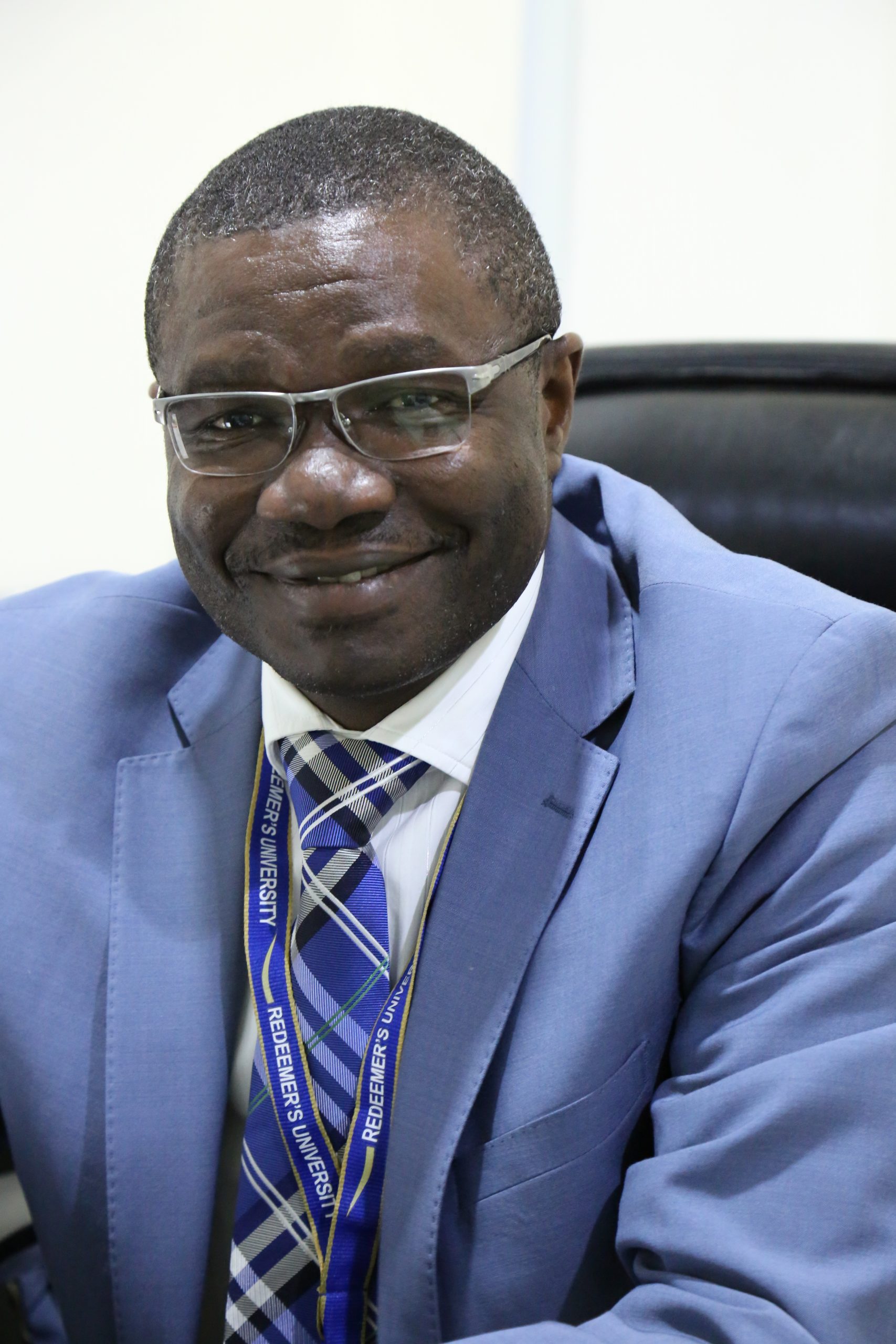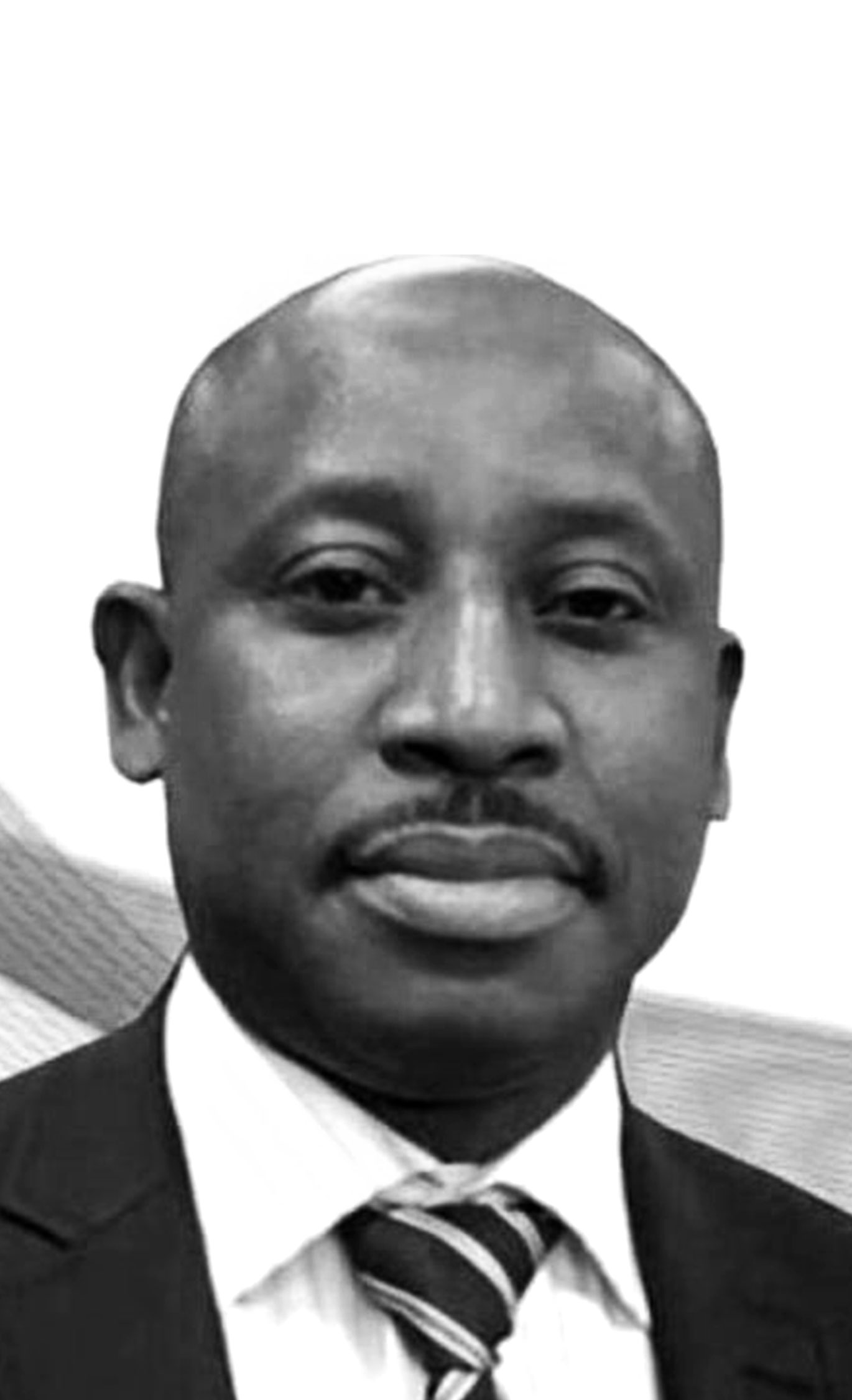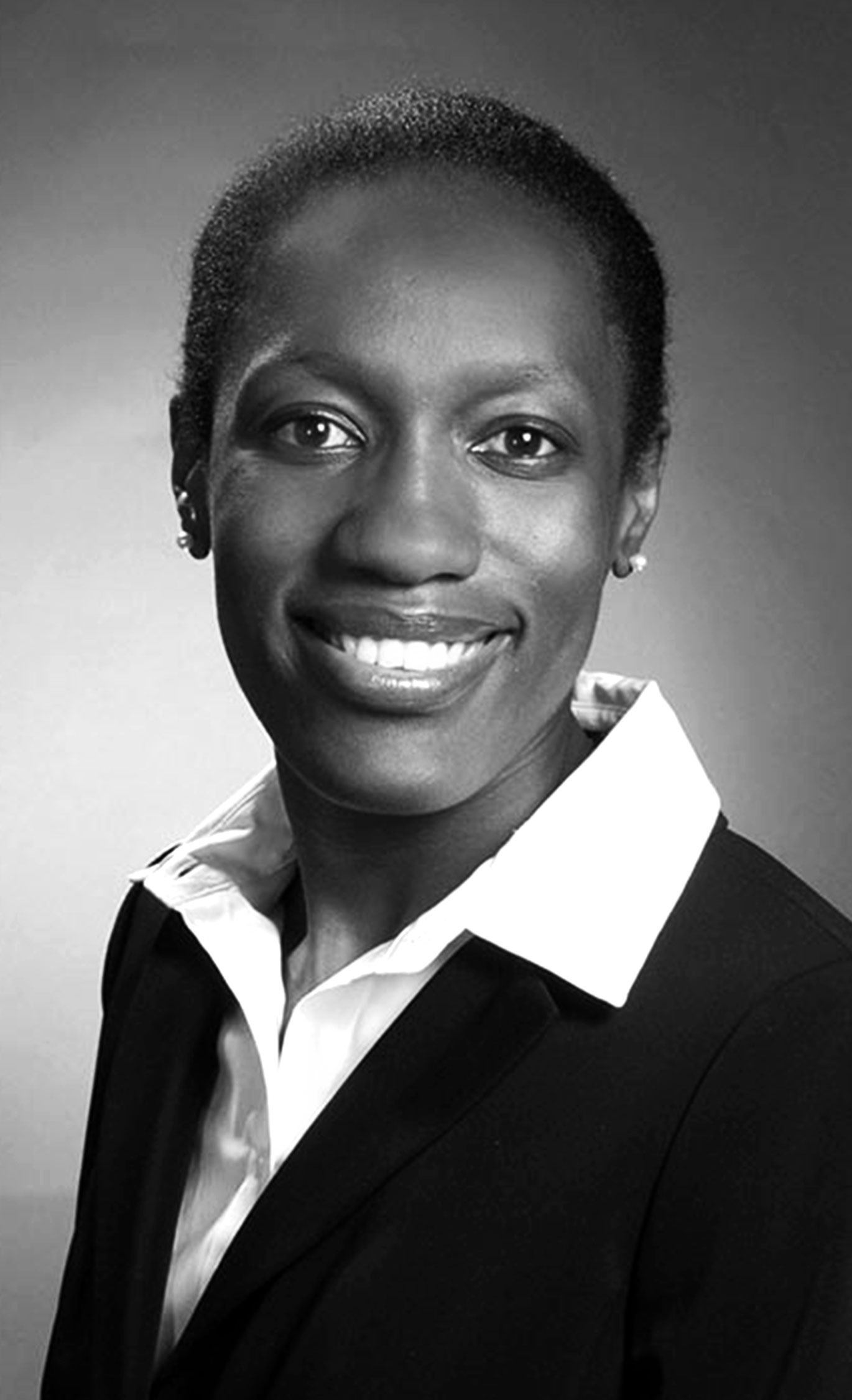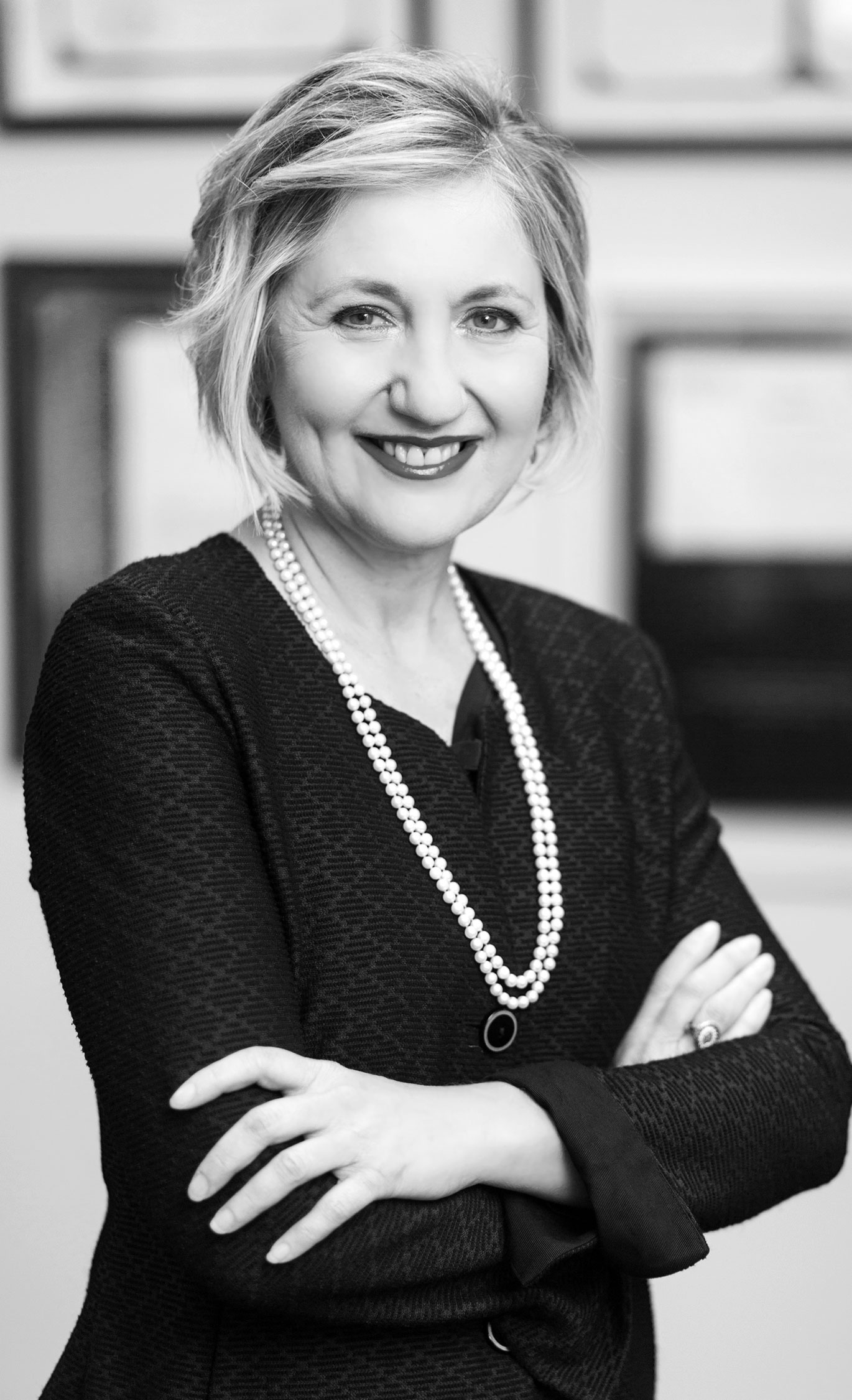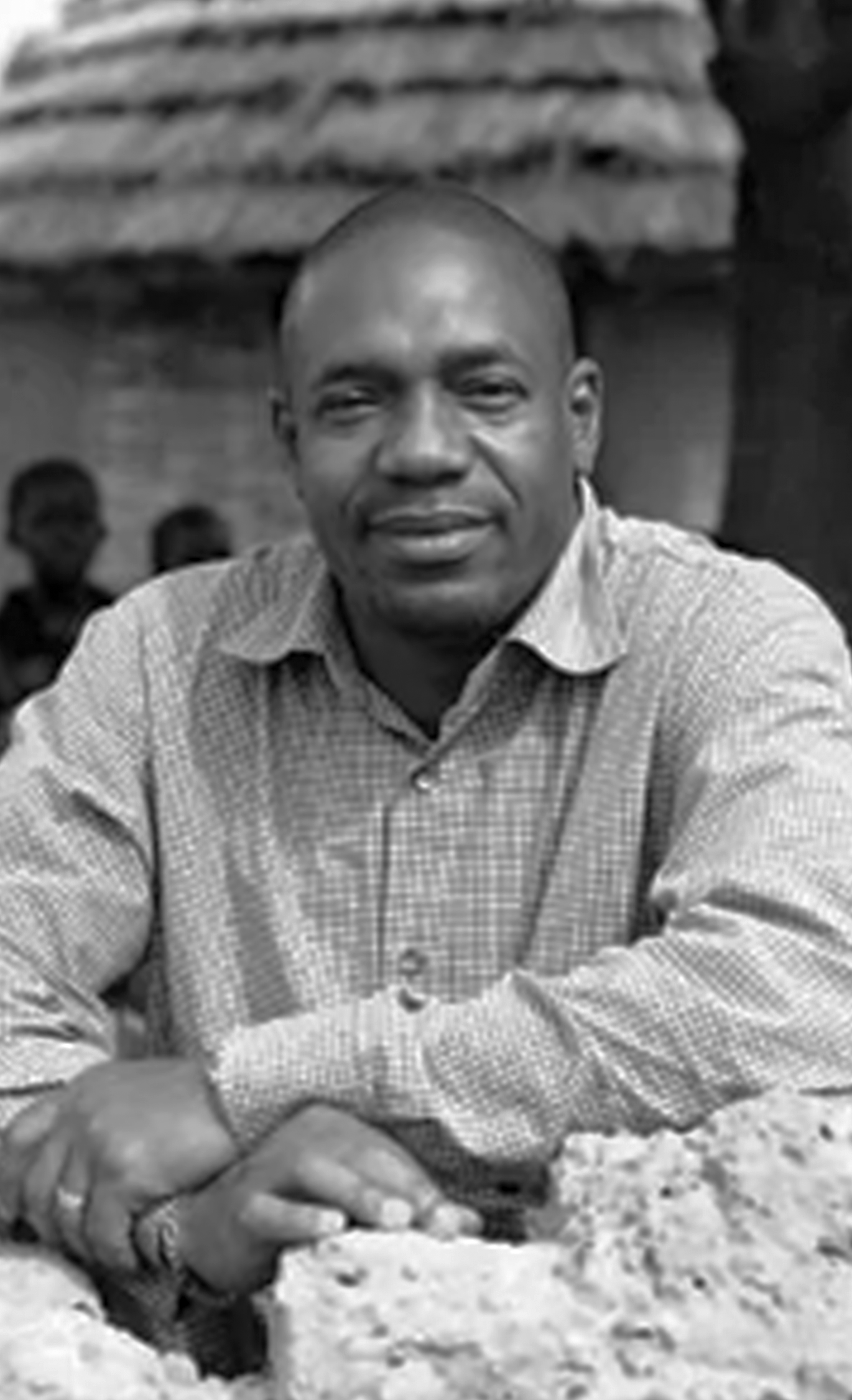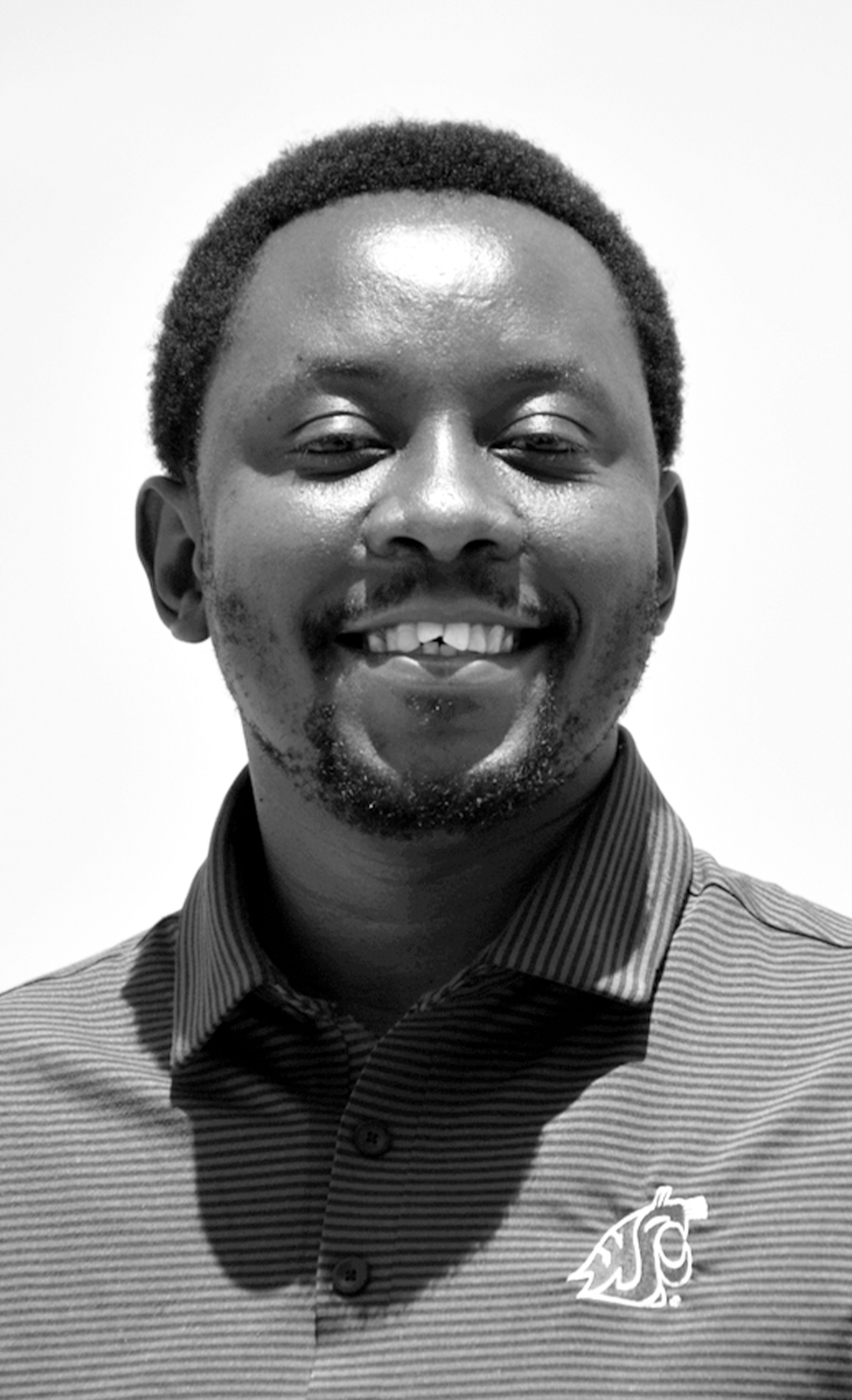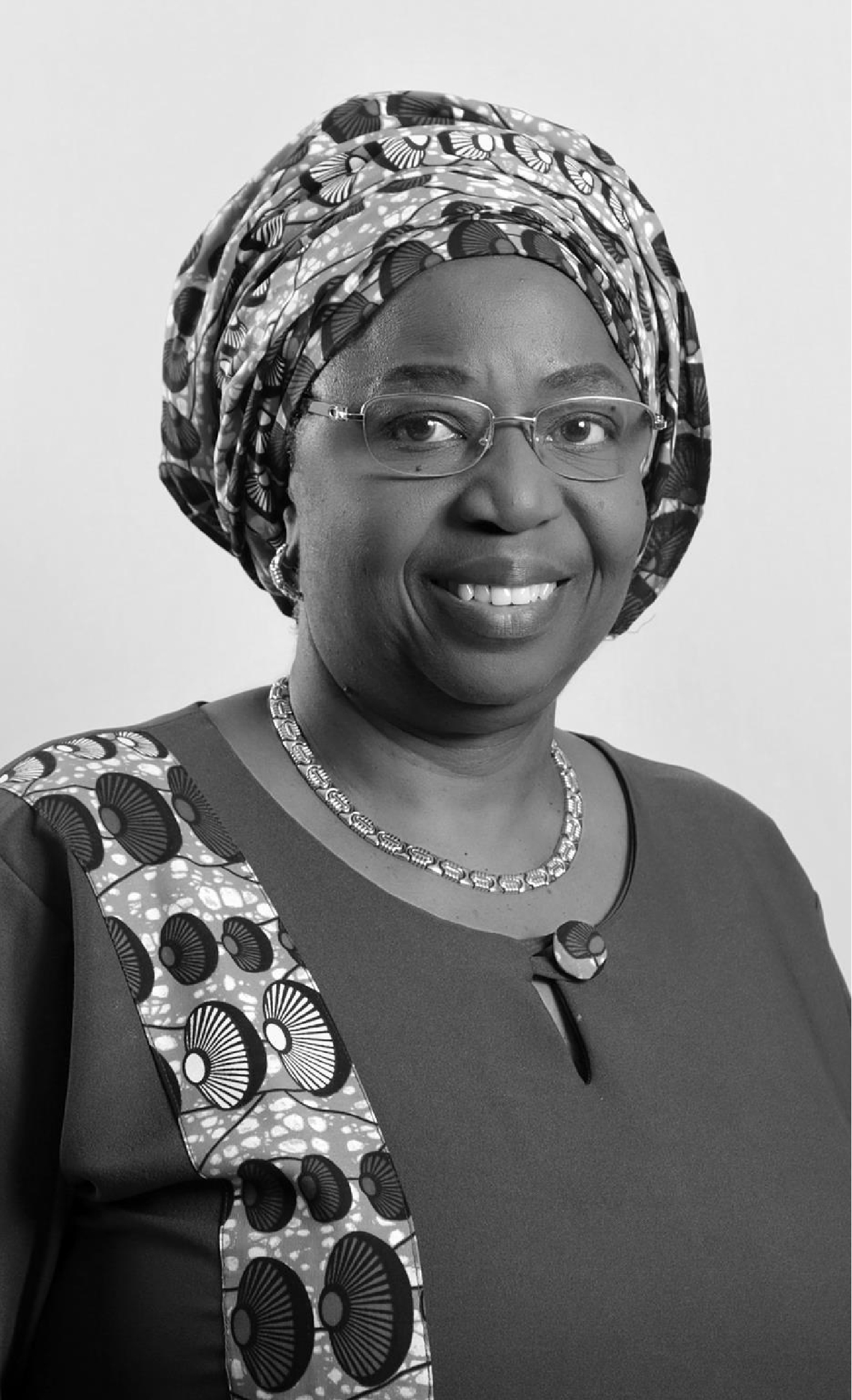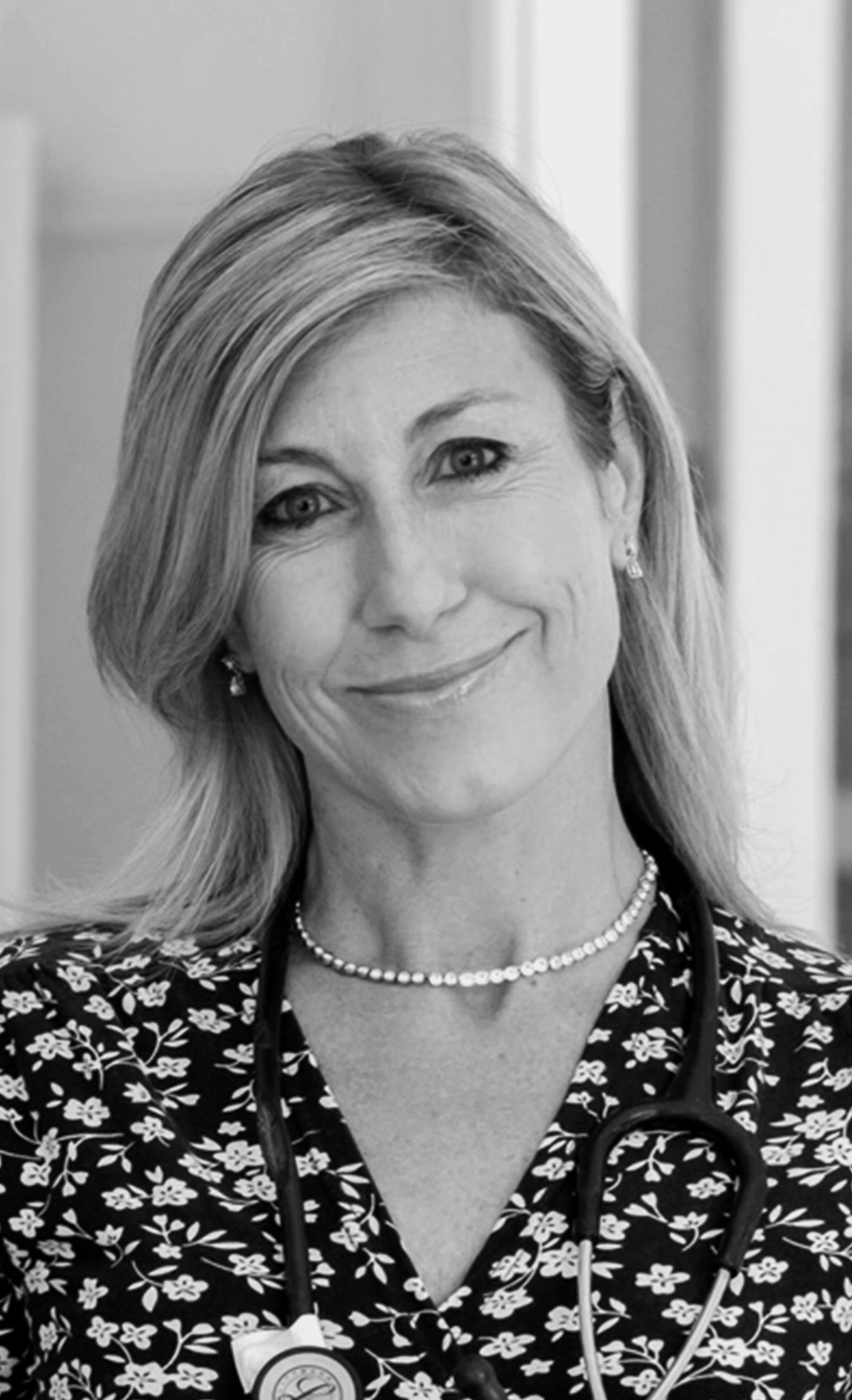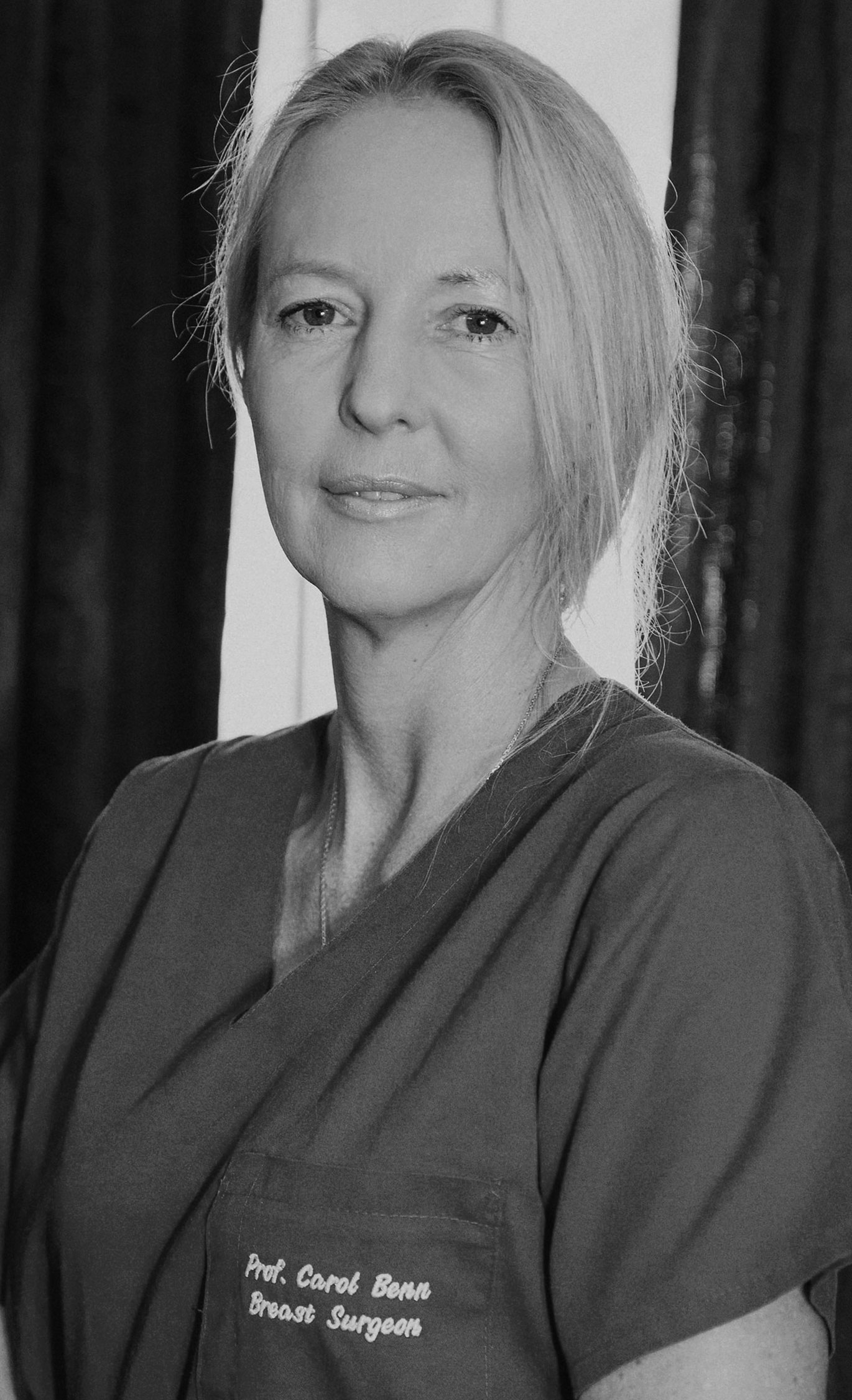Professor Christian T. Happi
Director of the African Centre of Excellence for Genomics of Infectious Diseases
Christian T. Happi is a Professor of Molecular Biology and Genomics and the Director of the World Bank-funded African Centre of Excellence for Genomics of Infectious Diseases (ACEGID), Redeemer’s University, Ede, Nigeria.
Following his first degree from the University of Yaounde, Cameroon, he proceeded to the University of Ibadan, Nigeria, where he obtained Master of Science and Doctor of Philosophy in Molecular Parasitology. He completed his postdoctoral training at Harvard University.
He is passionate about building the capacity of young Africans, preparing them to use advanced genomics tools and techniques for high-impact research for Africans and for humanity. He leads the ACEGID team and partners in working with national health institutions in Nigeria and other West African countries on surveillance, diagnostics and management of infectious diseases. Christian diagnosed the first case of Ebola in Nigeria in 2014 within 48 hours, a feat that helped in the early containment of the disease in Nigeria. In 2020, his team sequenced the first genome of the SARS-Cov-2, causing Covid-19 in Africa, within 72 hours of receiving the sample.
His accolades include the Merle A. Sande Health Leadership Award; the Award of Excellence in Research from the Committee of Vice-Chancellors of Nigerian Universities; the 2019 Human Genome Organization (HUGO) Africa Prize, the 2020 Bailey K. Ashford Medal, among others.
Professor Christian T. Happi
Director of the African Centre of Excellence for Genomics of Infectious Diseases
Christian T. Happi is a Professor of Molecular Biology and Genomics and the Director of the World Bank-funded African Centre of Excellence for Genomics of Infectious Diseases (ACEGID), Redeemer’s University, Ede, Nigeria.
Following his first degree from the University of Yaounde, Cameroon, he proceeded to the University of Ibadan, Nigeria, where he obtained Master of Science and Doctor of Philosophy in Molecular Parasitology. He completed his postdoctoral training at Harvard University.
He is passionate about building the capacity of young Africans, preparing them to use advanced genomics tools and techniques for high-impact research for Africans and for humanity. He leads the ACEGID team and partners in working with national health institutions in Nigeria and other West African countries on surveillance, diagnostics and management of infectious diseases. Christian diagnosed the first case of Ebola in Nigeria in 2014 within 48 hours, a feat that helped in the early containment of the disease in Nigeria. In 2020, his team sequenced the first genome of the SARS-Cov-2, causing Covid-19 in Africa, within 72 hours of receiving the sample.
His accolades include the Merle A. Sande Health Leadership Award; the Award of Excellence in Research from the Committee of Vice-Chancellors of Nigerian Universities; the 2019 Human Genome Organization (HUGO) Africa Prize, the 2020 Bailey K. Ashford Medal, among others.
